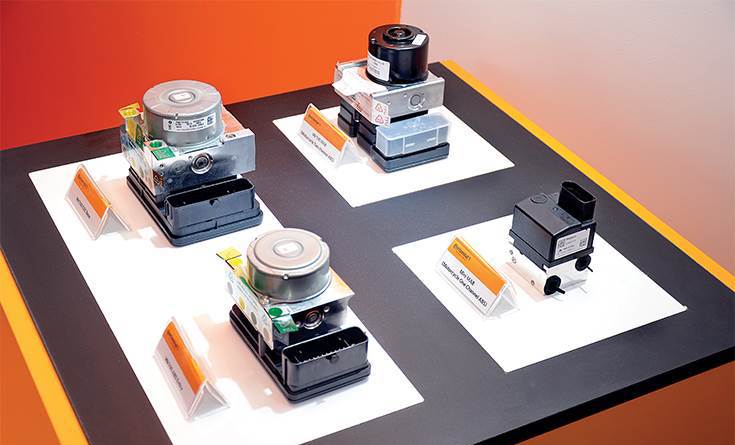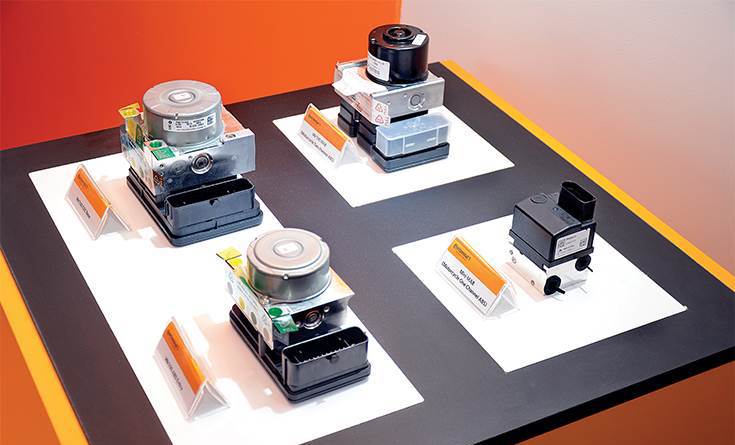German Tier-1 major Continental, which introduced its cost-effective, single-channel ABS solution – miniMAB – for two-wheelers in 125cc to 200cc two-wheeler segment in India in 2019 – is now locally developing the second-generation iteration of the technology, which has played a vital role in reducing accidents involving two-wheeler riders.
Continental Automotive’s Bengaluru-based Indian R&D arm – Tech Centre India – is leading the software development of this next-generation ABS solution, which will cater to two-wheelers right from the entry-level 100cc engine displacement size – a category which currently only requires a combined-braking system (CBS) to be mandatorily offered by OEMs as a safety measure.
However, with the right positioning of its heavily-localised first-generation offering that is being supplied from its braking systems facility in Manesar (Haryana), the company is already seeing a voluntary application of the system in some sub-125cc two-wheeler products in the country, and now aims to introduce the new product at an even more competitive price.
The new product, which will replace the first-generation miniMAB, will be industrialised in the second half of 2023. “We are already engaged with a couple of two-wheeler OEMs as it is extremely important to work very closely with them to ensure seamless implementation, trials and change management at their end. The entire process is currently underway,” Prashanth Doreswamy, President and CEO, Continental India told Autocar Professional.

New affordable ABS could be exported from India
According to Doreswamy, the new cost-effective solution is also meant for the ASEAN and developing countries in the African and sub-African regions as well and could be exported from India. Continental’s TCI in Bengaluru has contributed to the core of the software development of this new-generation ABS solution for which the base platform has been developed by its parent in Germany.
“With the bulk of the Indian two-wheeler market being dominated by entry-level two-wheelers in the 100cc to 125cc segment, the company eyes huge market opportunity with this new product. “Out of the 20 million two-wheelers sold in the country in a year, only 17 percent are more than 125cc, so, there is a big portion of the market to be tapped.
“While today there is no regulation for ABS implementation in this category of vehicles, our intent is to make a positive impact to road safety by bringing in a product that is much more affordable and saves more lives,” Doreswamy said.
Matthias Matic, automotive board member and head of business area – Safety and Motion, Continental, further added, “While on one hand we are working to maintain or increase the functionality of our products, on the other, we need to manage costs. The India business is being driven by the increasing demand for safety products, yet, it remains a cost-sensitive market. The upgradation in technology is the key driver for us to optimise our products for the Indian market and that is an aspect that our engineering team in India is focusing on.”
